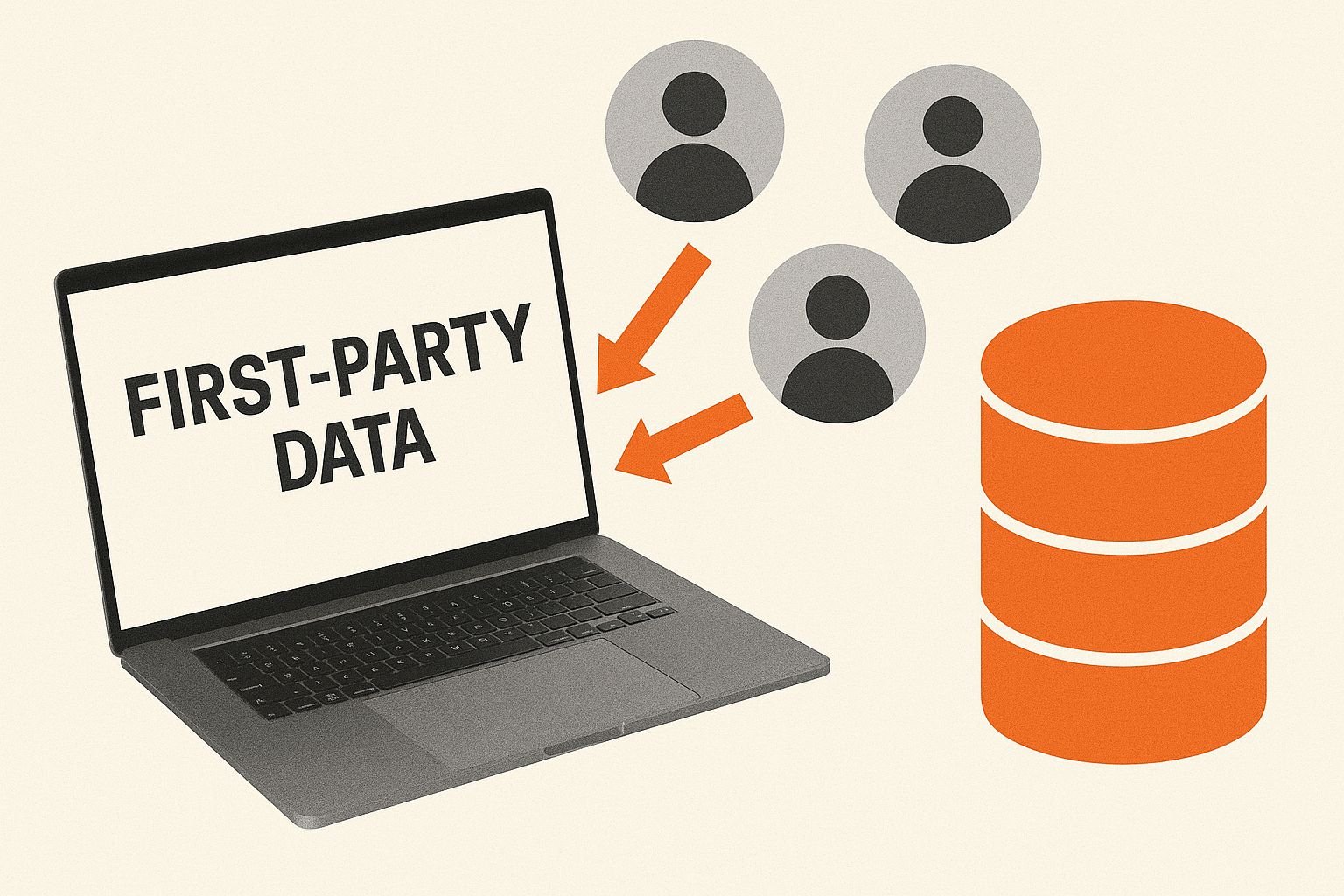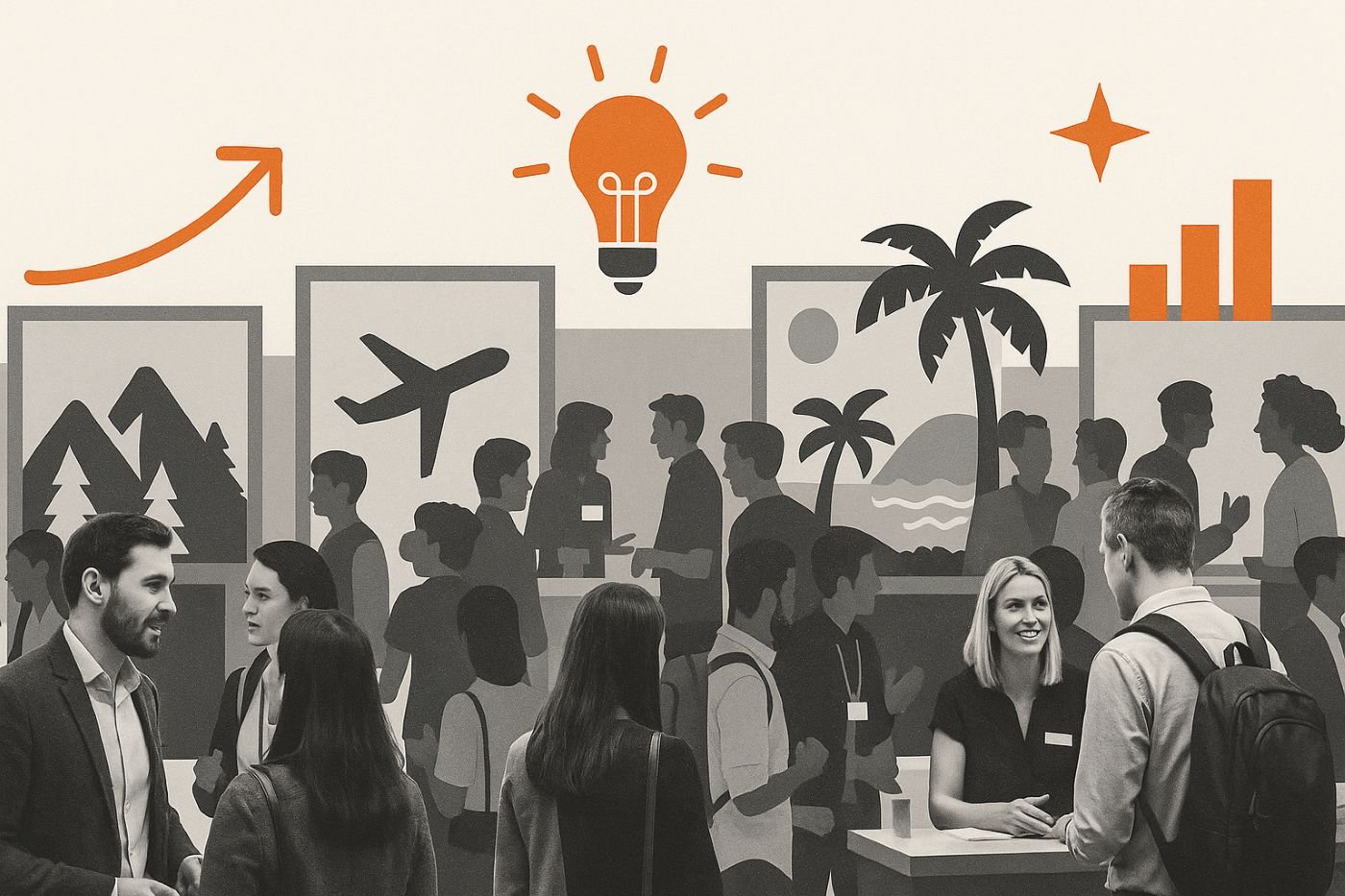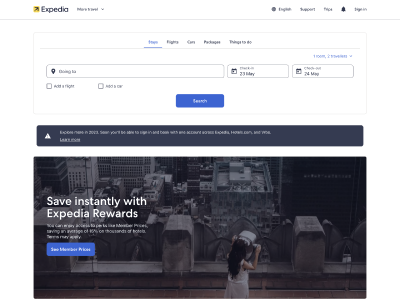Imagine knowing not just who’s about to book a trip, but why, when, and what kind of experience they expect. That’s not future fantasy. That’s big data in the travel industry, done right.
For today’s travel marketers, the rules have changed. Personalisation isn’t optional. Timing can make or break a sale. And experience is the new currency. As competition intensifies and customer expectations grow, travel brands leveraging big data are no longer reacting; they’re anticipating. From predictive demand patterns to AI-powered guest experiences, data has become the backbone of smarter, more profitable marketing strategies in tourism.
This article explores how forward-thinking marketing leaders are using big data in the travel industry to unlock new value, and how you can too.
What Big Data Really Means for Travel Marketing
When we talk about “big data,” we’re not just referring to large volumes of information. We’re talking about a dynamic combination of five key dimensions — the 5 Vs — that define its true potential in travel marketing:
- Volume: The sheer amount of data generated from bookings, browsing, mobile usage, and more.
- Variety: The diverse types of data, from structured bookings to unstructured social media sentiment.
- Velocity: The speed at which data is generated and must be processed — often in real time.
- Veracity: The accuracy and trustworthiness of data, which impacts decision quality.
- Value: The actionable insights and business outcomes data can unlock when interpreted correctly.
In the travel sector, this includes:
- Booking and search behaviour
- Mobile app usage
- Website session paths
- Social sentiment and influencer impact
- Geolocation patterns
- Seasonal weather trends
- Reviews, ratings, and dwell times
- Spend and engagement across touchpoints
This isn’t data for data’s sake. The opportunity lies in translating this complexity into clear, usable insights that help marketing teams make faster, better decisions from campaign targeting to experience design.
The Big Potential: From Gut Feel to Data-Driven Experiences
Marketing in the travel industry has long relied on instinct and lagging indicators. But with predictive analytics we can now move from hindsight to foresight.
Tourism boards and operators alike are:
- Tracking crowd density with geospatial heatmaps
- Forecasting demand surges to tailor offers (For example, Singapore Tourism Board leveraged predictive analytics to foresee a 28% surge in Indian visitors during Diwali, allowing hotels to pre-package offers and dramatically lift guest satisfaction).
- Understanding content resonance through social listening and sentiment analysis
For marketing leaders, this means sharper segmentation, better timing, and campaigns that resonate before the consumer even begins planning.
AI Joins the Party: Smarter Travel, Seamless Journeys
When big data gets a brain — artificial intelligence — it doesn’t just crunch numbers faster. It learns, adapts, and acts in real time, at scale. That’s the breakthrough.
What’s changed? In the past, predictive models relied on historical data and required heavy manual input. Today’s AI, powered by machine learning and real-time data flows, can self-optimise, delivering insights and actions while the user is still deciding where to go.
Across the travel industry, AI is no longer experimental; it’s embedded into everyday marketing stacks to:
- Personalise onsite experiences in real time, adapting to user behaviour without manual segmentation
- Serve dynamic recommendations based on predictive analysis of intent, not just past clicks
- Automate customer support through context-aware virtual agents that understand traveller journeys, not just FAQs
- Adapt offers dynamically based on live inputs like weather, local events, or competitor price movements, not just scheduled campaigns
This isn’t theoretical anymore; it’s the shift from reactive to proactive, from batch updates to continuous intelligence. And the best part? Thanks to cloud platforms and off-the-shelf models, AI is now more accessible than ever to travel brands of all sizes.
Travellers already expect this level of intelligence. The question isn’t whether you’ll adopt it — it’s how fast you can.
Real-World Use Cases: Where Data Takes Off
The Market Is Booming:
- The global tourism big data market is projected to reach $41.9B by 2035
- Growth is accelerating at over 8.5% annually
- Cities like Amsterdam and Dubai are actively managing visitor flows through real-time insights
The message is clear: the leaders of tomorrow are investing today, not just in tools, but in culture, capability, and customer insight.
Examples of big data in the travel industry:
- Barcelona uses IoT benches and transit signals to balance tourist density in hotspots.
- Dubai deploys 5G kiosks to gather real-time visitor feedback and issue personalised recommendations.
- Ctrip in China offers dynamic itinerary adjustments based on weather and real-time price fluctuations.
- Iceland Tourism uses predictive analytics to dispatch emergency services ahead of expected surges in self-drive tourism.
These aren’t pilot programs; they’re running at full throttle today.
How In Marketing We Trust Makes Big Data Work for Travel Brands
- Capture: Connect platforms (GA4, CRM, mobile, OTA data, etc.)
- Clean: De-duplicate, stitch journeys, normalise formats
- Model: Apply predictive analytics + business logic
- Activate: Feed into media, CRO, or UX actions
- Optimise: Continuously refine with AI or feedback loops
At In Marketing We Trust, we don’t just collect data, we make it work across the entire marketing ecosystem. Long before AI became mainstream, we’ve been helping travel brands harness big data to improve targeting, streamline decision-making, and maximise ROI.
Through our Analytics Services, we help travel businesses:
- Build custom analytics ecosystems (Tealium, GA4, BigQuery, Qwen3, Typhoon, Anthropic and more)
- Merge marketing, sales, and operational data to create a unified customer journey view
- Deliver predictive insights for smarter media buying and campaign planning
- Ensure privacy-compliant, actionable reporting (not vanity metrics, but real outcomes)
Whether it’s improving marketing efficiency, reducing conversion duplication, or eliminating wasted spend, we’ve seen firsthand how strategic data integration can drive significant impact, in one case, helping a client save over $200,000 per month in media fees simply by tightening targeting and optimising customer journey tracking.
And for brands ready to supercharge their data operations, we offer robust Google Marketing Data Warehouse capabilities designed to unify marketing, CRM, and operational data into a single source of truth that’s fast, flexible, and future-ready.
Big Benefits, Backed by Data
| Strategic Area | Impact for Travel Marketers |
| Customer Experience | Personalised messaging, tailored experiences |
| Operational Efficiency | Forecasting for staffing and resources |
| Revenue Growth | Dynamic pricing and offer packaging |
| Sustainability | Smarter crowd and itinerary management |
| Marketing ROI | Precision targeting, reduced media waste |
Big data isn’t just enabling better ads, it’s enabling better business models.
Challenges in Big Data in the Travel Industry (And How to Outsmart Them)
Of course, data transformation is never plug-and-play. Common roadblocks include:
- Data privacy and regulatory compliance (GDPR, CCPA)
- Fragmented data systems and lack of integration
- Skills shortages within marketing and analytics teams
- Infrastructure gaps, especially across multi-regional operations
Forward-looking Marketing Leaders are addressing these by investing in scalable architecture, cross-functional collaboration, and partnerships that bridge the data–execution gap.
What’s Next for Big Data in the Travel Industry?
Expect to see:
- Live geospatial heatmaps at destinations to manage crowds dynamically
- Emotion AI that reads traveller mood via social media
- Voice-driven travel planning interfaces
- Blockchain loyalty programs offering transparent, flexible rewards
For travel marketing leaders, big data isn’t about collecting more dashboards or plugging in one more platform. It’s about rethinking how we engage, convert, and serve travellers in a complex, ever-changing environment.
Whether you’re re-evaluating your data stack, trying to connect siloed systems, or looking to scale personalisation in a privacy-first world, the time to act is now.
Ready to Turn Big Data Into Big Wins?
If you’re ready to unlock the real potential of your data — to boost guest satisfaction, cut waste, and drive revenue — we’re ready too.
Book a free consultation with the data specialists at In Marketing We Trust.
Let’s build the future of smarter, more sustainable, and scalable travel, together.












